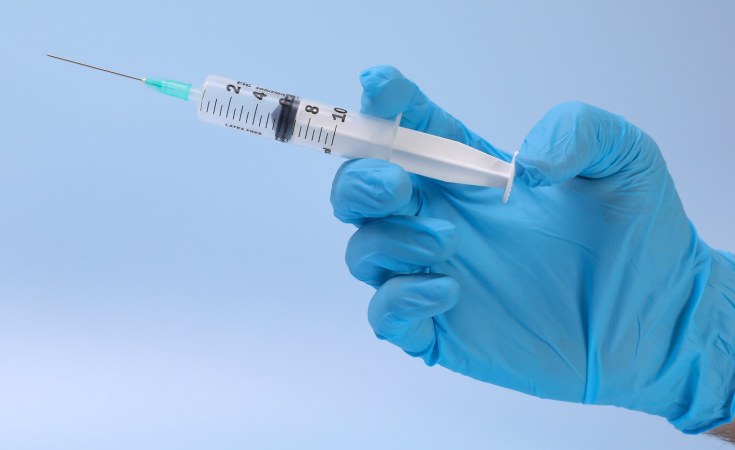A New HIV Preexposure prophylaxis drug, which if approved, will be taken only twice a year and give 100 percent protection to the users, is a good step forward in the fight against the disease, Deo Mutambuka, the Executive Secretary of the Rwanda Networks of people Living with HIV/AIDS (RRP ), has said.
A large clinical trial in South Africa and Uganda has shown that the twice-yearly injection of the new drug - lenacapavir, gives young women total protection from HIV infection, working much better than the currently available options.
ALSO READ: Rwanda among top countries in HIV/AIDS management
Pre-exposure prophylaxis for HIV prevention, commonly known as PrEP, is a form of medication used to prevent HIV infection. PrEP is a general term for the use of medications to prevent the spread of the disease in people who have not yet been exposed to a disease-causing agent.
Lenacapavir is a fusion capsid inhibitor. It interferes with the HIV capsid, a protein shell that protects HIV's genetic material and enzymes needed for replication.
The clinical trials for the efficacy of the drug involved 5,000 people who participated at three sites in Uganda and 25 sites in South Africa.
The trials aimed at finding out whether a six-monthly injection of lenacapavir was safe and would provide better protection against HIV infection as PrEP for women between the ages of 16 and 25 years than Truvada F/TDF, a daily PrEP pill that has been available for more than a decade.
In an interview with The New Times, Mutambuka talked about what such a drug can do if approved, pointing out that it would be easy for the users.
"As a network of people living with HIV, we believe that whatever eases the medication possibilities is much better for the recipient of care. The drug is not yet approved; the research is ongoing, but we know that there is always a lot being done by scientists on HIV intervention," he noted.
If the WHO approves the drug, it will have to go through some local processes for approval by the Ministry of Health and Rwanda FDA.
ALSO READ: After hitting global target, Rwanda sets eyes on achieving 100% HIV treatment
It is expected that within the next couple of months, the manufacturers of the drug will submit the dossier with all the results of the trials to regulators in Uganda and South Africa where the trials took place.
The World Health Organisation will also review the data and may issue recommendations.
There were 1.3 million new HIV infections globally in 2023.
The Rwanda Population-based HIV Impact Assessment (RPHIA), a comprehensive country-wide survey conducted in 2019, revealed that the prevalence of HIV among Rwandans aged 15-64 is 3 percent.
It also showed that there are an estimated 5,400 new cases of HIV emerging annually among adults in the country.
The World Health Organisation says HIV remains a major global public health issue, having claimed 40.4 million lives so far with ongoing transmission in all countries globally; with some countries reporting increasing trends in new infections when previously on the decline.
The WHO has targets that by 2025, 95 percent of all people living with HIV should have a diagnosis, 95 percent of those should be taking lifesaving antiretroviral treatment (ART) and 95 percent of people living with HIV on treatment should achieve a suppressed viral load for the benefit of the person's health and for reducing onward HIV transmission.


